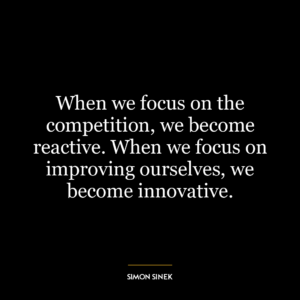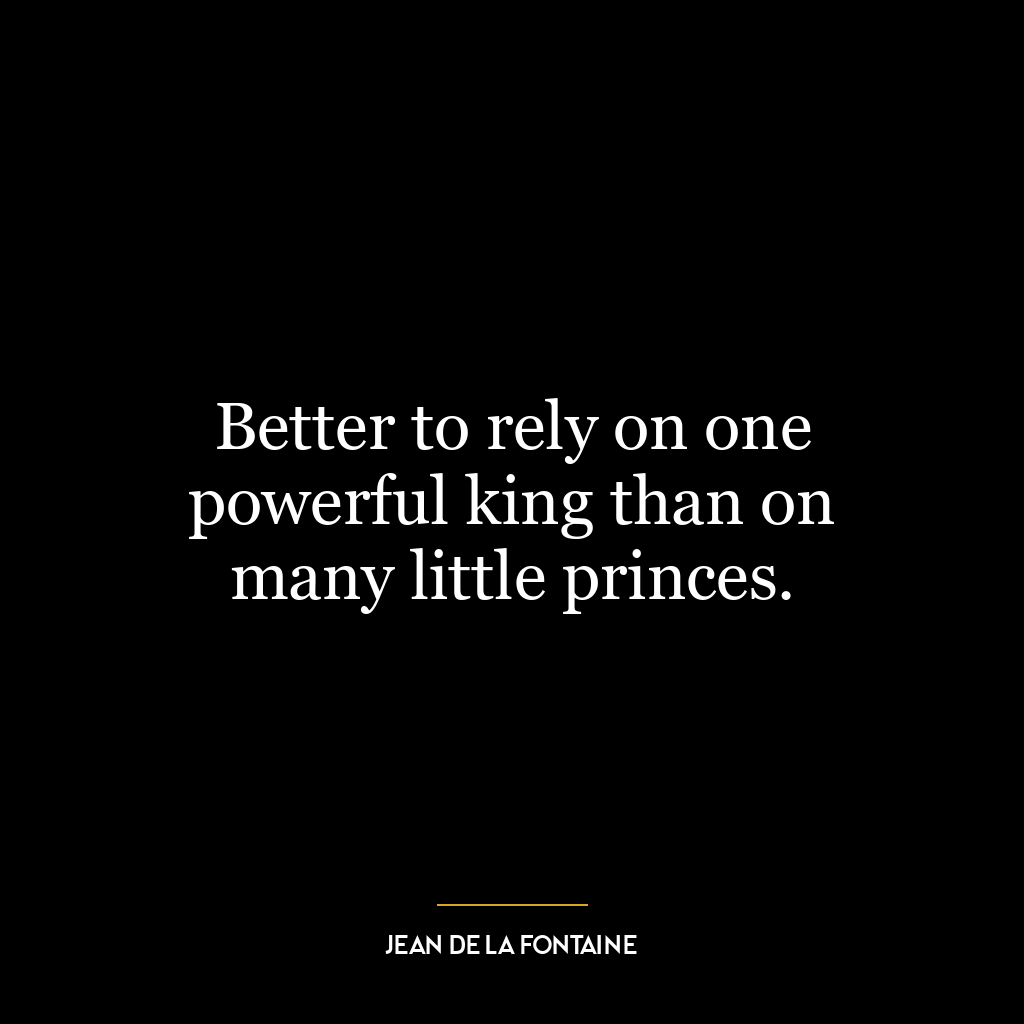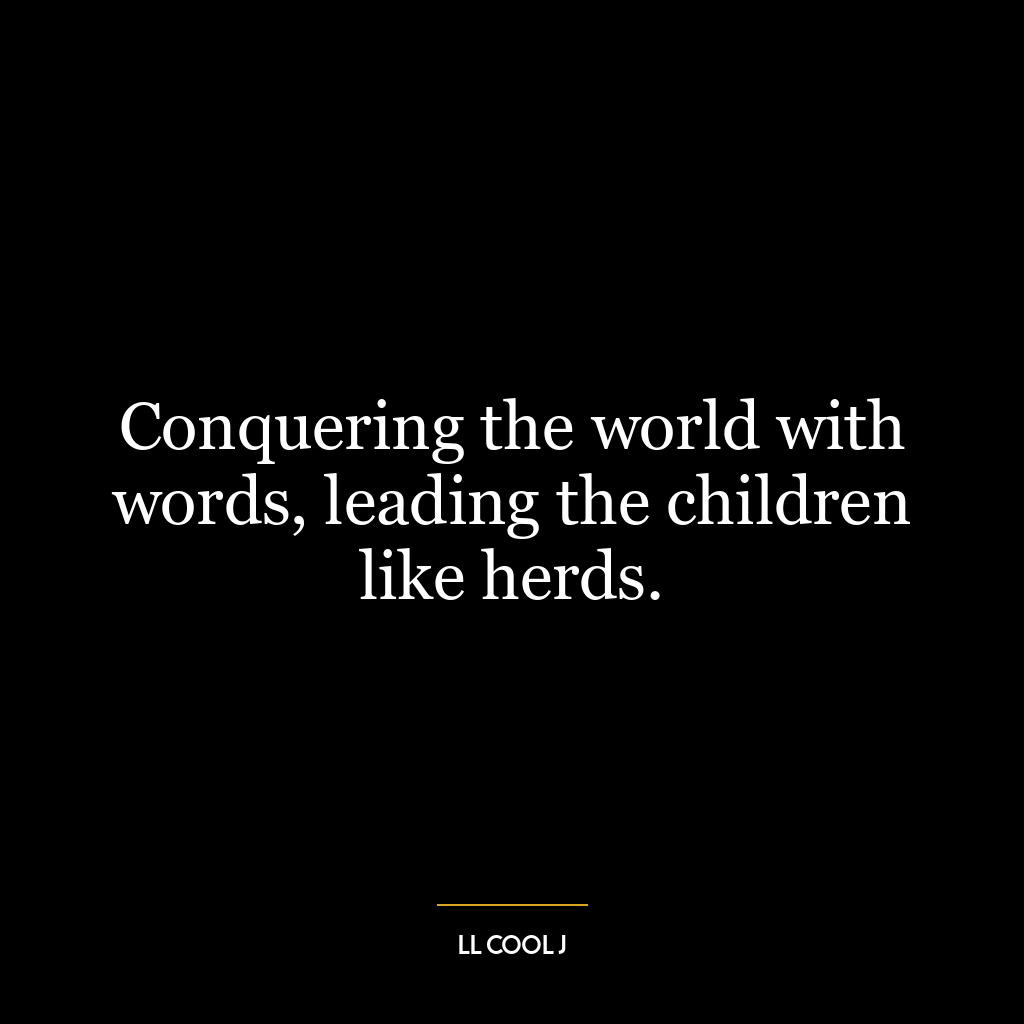Followers want to be taken care of. Leaders want to take care of others. We can all be leaders.
This quote encapsulates the fundamental distinction between followers and leaders, while also asserting the potential in each of us to become leaders. It’s about the inherent human desire to be cared for, versus the desire to care for others. Followers look for someone to guide them, provide them, and ensure their wellbeing. Leaders, on the other hand, are those who step up to fulfill these needs for others. They shoulder the responsibility of taking care of their team, leading them towards a common goal, and ensuring their growth and wellbeing.
The last part of the quote, “We can all be leaders,” suggests that leadership is not a quality restricted to a select few. It’s an attitude, a mindset that anyone can adopt. It’s about choosing to step up, to take responsibility, to care for others, and to guide them. It’s about making a conscious choice to shift from a state of needing care to providing care.
In today’s world, this quote is highly relevant. In a society often focused on individual achievement, this quote encourages us to think beyond ourselves and take responsibility for the wellbeing of others. It promotes the idea of servant leadership, where the primary goal of a leader is to serve. It’s not about power or control, but about meeting the needs of the team.
In terms of personal development, this quote suggests a pathway to growth and maturity. It encourages us to move beyond our self-centered needs and concerns, to look at the bigger picture, and to consider the needs and wellbeing of others. It’s about becoming more empathetic, more responsible, and more caring. It’s about growing as individuals by becoming leaders in our own right.
In conclusion, this quote is a call to action for each of us to step up and become leaders. It’s about realizing that we all have the potential to lead, to care for others, and to make a positive impact in our world.









